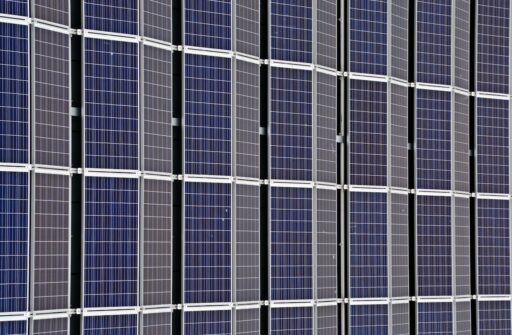As the world increasingly embraces renewable energy, solar panels are emerging as a crucial technology for urban environments. These photovoltaic (PV) systems convert sunlight into electricity, offering a clean, sustainable energy source that reduces reliance on fossil fuels and lowers greenhouse gas emissions.
Urban areas, with their dense populations and high energy demands, are uniquely positioned to benefit from solar power. By installing solar panels on rooftops, facades, and even as part of urban infrastructure like bus shelters or streetlights, cities can significantly reduce their carbon footprints while also cutting energy costs for residents and businesses.
Read on for some of the ways that solar panels can be an asset in a city and other urban spaces.
Key advantages of installing solar panels
One of the key advantages of solar panels in urban settings is their ability to make use of underutilized spaces. Rooftops, often exposed to ample sunlight, are ideal locations for solar installations. High-rise buildings and skyscrapers, common in cities, offer extensive surface areas that can be fitted by a Solar installer. Moreover, modern building-integrated photovoltaics (BIPV) seamlessly integrate solar cells into building materials, such as glass windows or exterior walls, making it easier to incorporate solar energy without compromising architectural aesthetics.
Beyond individual buildings, solar panels can also power community solar projects in urban areas. These initiatives allow multiple city dwellers, especially those in apartment complexes, to share the benefits of a single solar installation. This not only democratizes access to renewable energy but also fosters a sense of community ownership and environmental responsibility.
Conclusion
In conclusion, the integration of solar panels into urban environments represents a forward-thinking approach to sustainable development. As technology advances and solar panels become more efficient and affordable, cities worldwide have the opportunity to transform into cleaner, greener spaces that rely on renewable energy for their power needs.







